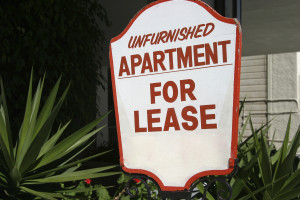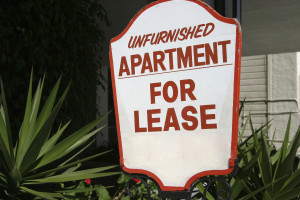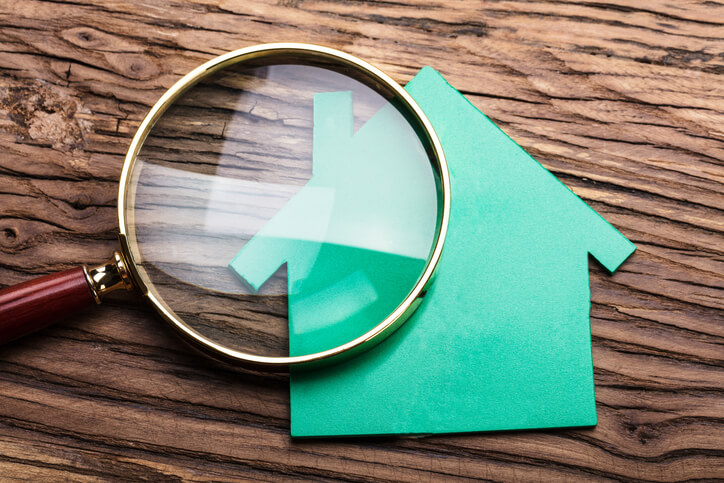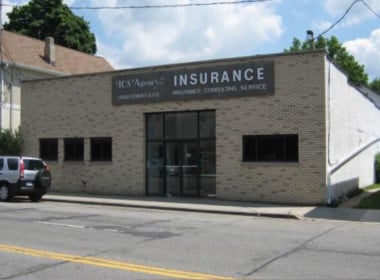7 Ways to Protect Yourself in an Apartment Lease Agreement
- September 30, 2015
- lease, residential real estate
- 0

An apartment lease agreement protects tenants’ rights, but renters should take certain steps to avoid eviction, privacy concerns or excess fees. Our seven ways for tenants to better protect themselves can help eliminate unnecessary rental problems.
What is a Lease?
“A lease is a contract between a landlord and a tenant, containing the terms and conditions of the rental,” according to New York State Law. “It cannot be changed while it is in effect unless both parties agree.” A renter must sign the lease to be bound by its terms.
At minimum, an apartment lease agreement contains the names of the landlord and tenant, the address of the apartment, the length of the lease and the day the rent is due. A lease is likely to contain additional information, including the rules and regulations of the residential real estate agreement.
What You Should Know About an Apartment Lease Agreement
1) Know your rights
There are federal and state laws that protect renters. In New York State, tenants’ rights laws establish privacy, discrimination, harassment and other regulations. Other rules, such as rent increases and eviction policy, vary according to the type of rental apartment.
2) Recognize scams
Signs of potential scams:
- Price sounds too good to be true
- No thorough screening process
- Landlords asks for money upfront before signing the lease or viewing the property

3) Get everything in writing
An apartment lease agreement protects tenants by establishing the terms and conditions a landlord must follow. If there is a dispute, a tenant can point to the lease that both parties signed. The document is legally binding in case the dispute escalates to an eviction or lawsuit.
4) Examine the lease carefully
An apartment lease agreement outlines several important details that protect tenants. Check to see if your lease includes these common protections:
- Lease terms
- Rent price
- Payment details
- Notice of move out or eviction
- Pet policy
- Tenant responsibilities
- Landlord responsibilities
5) Take photographs
Photographic evidence can easily settle arguments over damages to your apartment at the end of a lease. Protect yourself by photographing the condition of your apartment before you move in.
6) Keep records and receipts
Regardless of how cordial your relationship is with your landlord, it’s important to keep records of written communication and receipts of payment. If there is a dispute, it’s hard to argue with a paper trail.
7) Purchase renter’s Insurance
Renters’ insurance protects your property from losses due to theft or damage. In addition, you are insured against lawsuits from injuries in or near your apartment.
If you’d like more information about the apartment hunting process on Long Island, please call S&D Real Estate at 516-248-6905 or 631-761-9220.








